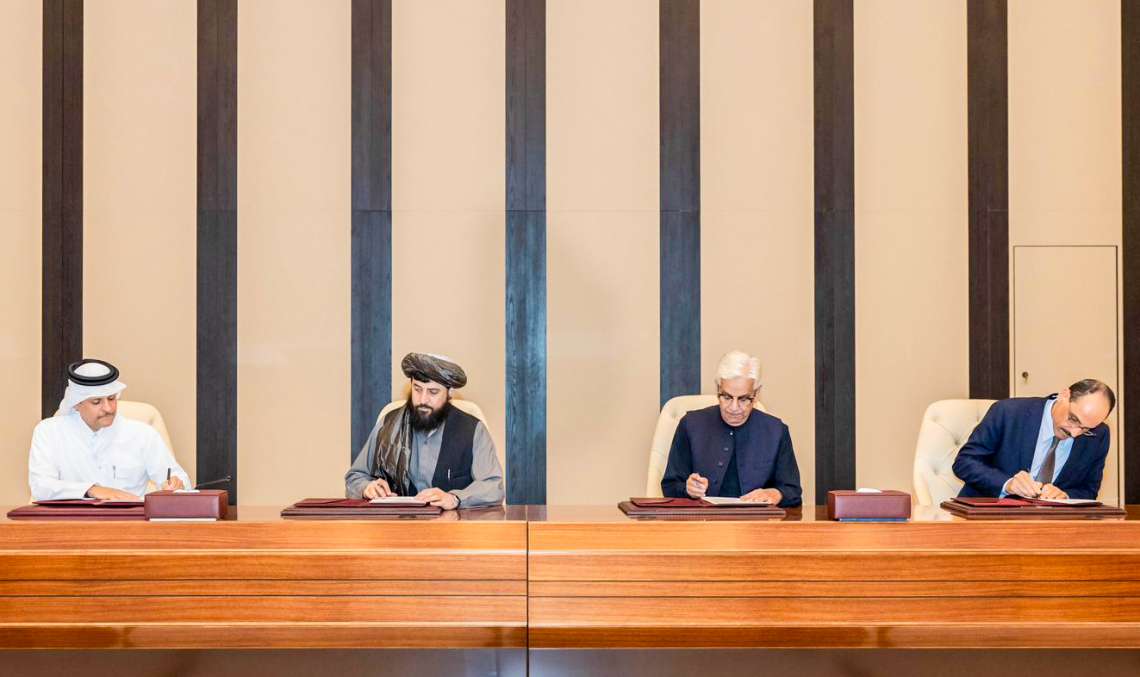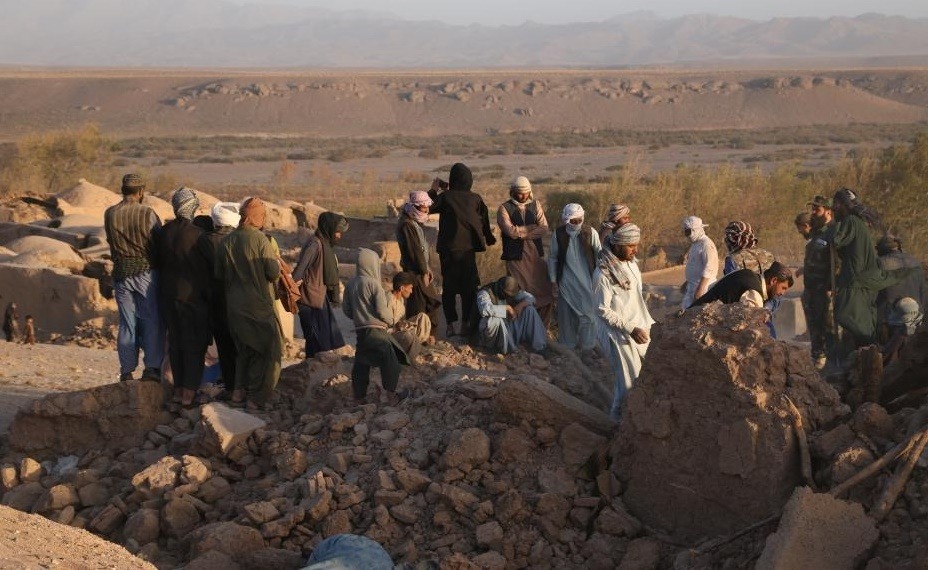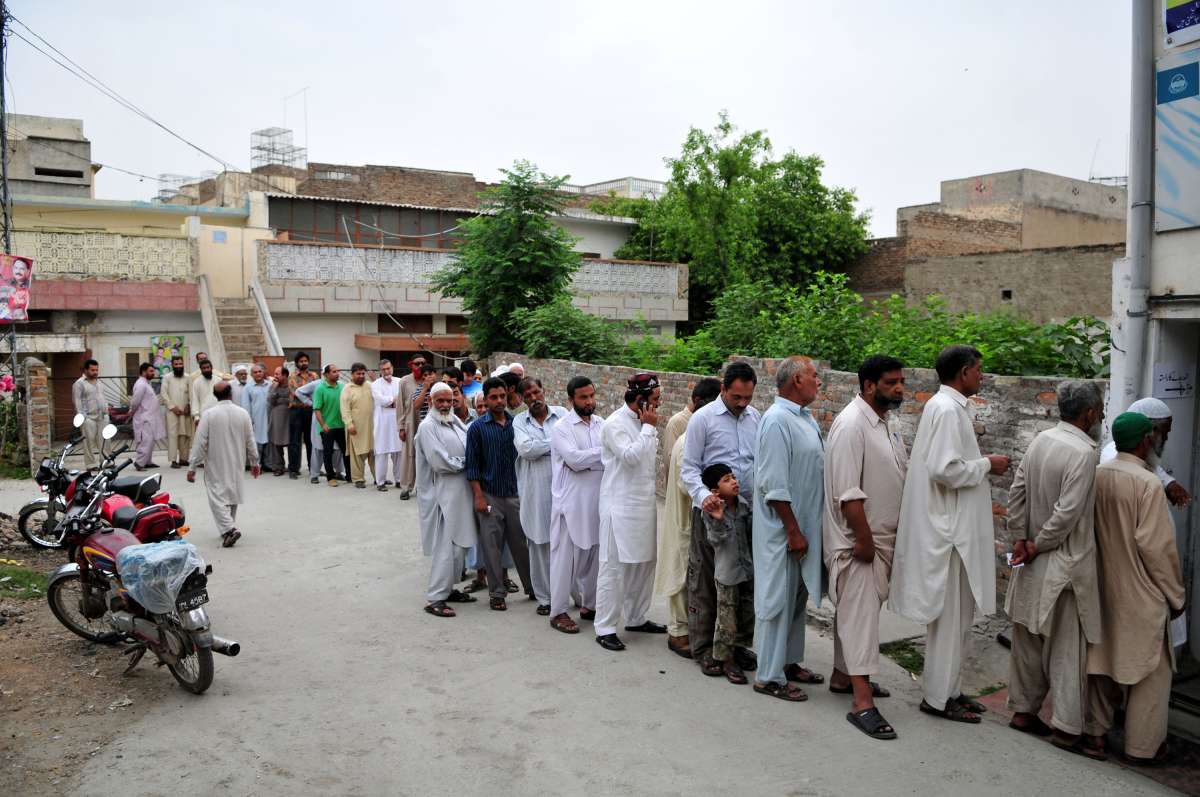Female journalists have expressed frustration over difficulties in accessing vital information and attending specific press conferences, hindering their reporting efforts in a complex environment….reports Asian Lite News
A survey conducted by the Afghanistan Women’s Journalist Association (AWJA) has uncovered significant challenges faced by female journalists in the country, Khaama Press reported.
The findings indicate that female journalists encounter obstacles such as job insecurity, financial constraints, and limited access to information, impeding their effective work.
Mina Habib, the head of AWJA, emphasized that the survey highlighted crucial issues for female journalists. About 45 per cent identified unemployment and home confinement as their top concerns. Additionally, 5 per cent, 10 per cent, and 7 per cent cited poverty, lack of information access, and job security as pressing challenges, according to Khaama Press.
Female journalists have expressed frustration over difficulties in accessing vital information and attending specific press conferences, hindering their reporting efforts in a complex environment.
Male journalists in Afghanistan have also raised concerns about information access, urging the government to swiftly address this issue. This underscores the importance of transparent information dissemination for journalists of all genders.
Following the Taliban’s takeover, stringent restrictions on journalists and media outlets led to a mass exodus of professionals, including journalists, seeking asylum in Western and neighbouring countries. The absence of job opportunities, limited information access, and security threats contributed to a dire situation for media professionals in the country.
Under the Taliban regime, at least 52 per cent of visual media outlets have ceased operations in Afghanistan over the past two years, Khaama Press reported.
The Media Support for Afghanistan’s Free Media (NAI) recently announced that more than half of the visual media outlets in the country have remained inactive.
After the Taliban took control of Afghanistan on August 15, 2021, press freedom in the country has taken a backseat, with several restrictions put into place for journalists. Moreover, according to local media reports, after the political change in the country, 94 per cent of women journalists have become unemployed due to restrictions on their work. (ANI)














